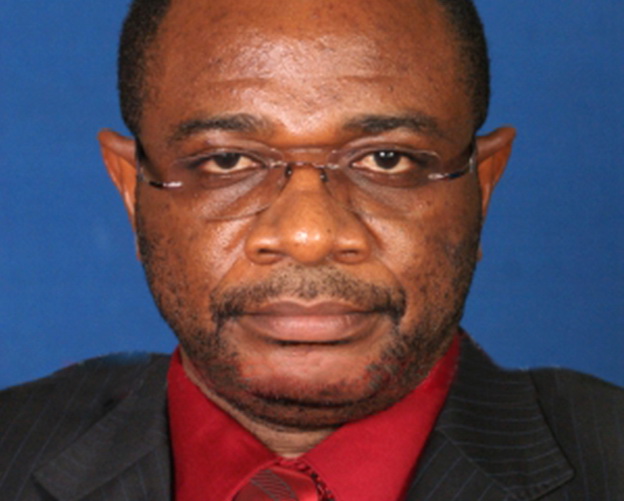
Solve problem of aquatic weeds along Lower Volta Basin - South Tongu MP
The Member of Parliament (MP) for South Tongu, Mr Kobena Wayome, has called for a concerted effort to stop the growth of aquatic weeds along the Lower Volta Basin as they threaten the lives of inhabitants.
He said it was important for inter-ministerial and inter-agency collaborations to assist the Volta River Authority (VRA) and other key stakeholders to find a sustainable solution to the increasing growth of weeds in the Lower Volta Basin.
Making a statement on the floor of Parliament last Friday, Mr Wayome said the invasion and spread of aquatic weeds in the Lower Volta Basin was due to the significant slowing down of the flow of the river.
Dangers of aquatic weeds
He said in recent times the sprawl of aquatic weeds in the Lower Volta Basin had become a worry to the communities along the basin whose livelihoods depended on the river.
He noted that aquatic weeds made water bodies unsafe for fishing, caused navigation problems, caused siltation of the river bed, impeded flow of water in canals and drainage systems that served as habitat for mosquitoes in communities around the Lower Volta Basin.
“Since the people living around the Lower Volta Basin sometimes use the water for domestic purposes like drinking, cooking and washing, the growth of the weeds has polluted the water and made it unsafe for drinkling and cooking.” he said.
Mr Wayome said the invasion, development and growth of aquatic weeds had also reduced the effectiveness of fish production and posed danger to aquatic lives.
“They assimilate large quantities of nutrients from the water, reducing the availability of planktonic algae, causing a reduction in oxygen levels and present gaseous exchange with water, resulting in adverse fish production,” he said.
Another worrying issue, he said, was that the aquatic weeds had covered the surface of the lake and reduced the aesthetic value of the lake, as tourists did not see the real beauty of the man-made lake.
Collaborations
Mr Wayome said the VRA, in collaboration with the Ministry of Water Resources, Works and Housing, had initiated a process of purchasing new dredgers and aquatic weed harvesters to tackle the weeds.
He said the measures taken by the ministry included the provision of public health extension services to screen and treat bilharzia, clear weeds at water contact points and check for vector snails, while the VRA regularly dredged the estuary.
Mr Wayome said in spite of the measures, the spread of aquatic weeds along the Lower Volta Basin remained an annual nightmare for the people of the area.
“What is needed is a sustainable solution to this problem, and the earlier we look for this solution, the better it is for all of us, as the livelihoods of the people are in serious jeopardy,” he said.
